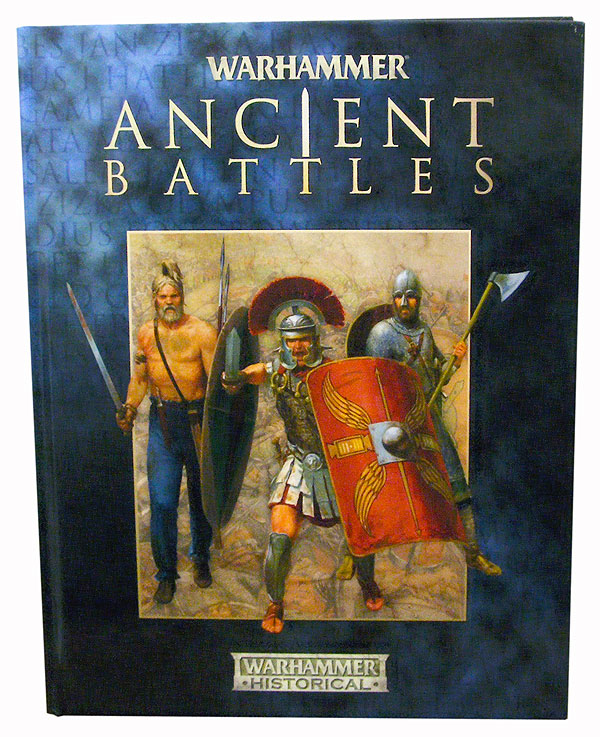I’m not sure. Sticking to history is easier said than done, I think.
For example, I’m an archaeologist and the editor of Ancient History magazine (not intended to be a plug; honest!), and we always include a bunch of custom artwork that attempts to show what the ancient world looked like. Writing an article on a particular historical topic is one thing, but doing artwork is something quite different, since it often demands you answer questions that you normally wouldn’t have thought of.
Most recently, I’ve been wrestling with the cover for issue 9 (on Athens), which depicts a man carrying a calf on his shoulders up the steps of the Athenian Acropolis, in a scene that is set around 400-350 BC. The idea for that scene was easy, since I wanted to somehow include the Acropolis and incorporate a statue from the Acropolis Museum that depicts a man carrying a calf on his shoulders (the so-called moschophoros). But the amount of questions that pop up are staggering: what did the stairs of the Acropolis look like back then? where were the city walls located and could they be seen from here? did they actually perform blood sacrifices on the Acropolis? who else would have accompanied this man? what would he have worn? should the landscape include houses and/or workshops, and if so, what did they look like?
Similar questions are raised when you venture out of pure history and into the realm of historical fiction, as some of my writer friends would attest. Ancient historians write about battles, for example, in a fairly straightforward way that includes virtually no details about what it was like to actually be in the thick of it. But a writer of historical fiction wants to present his or her reader with exciting action, which requires him/her to do engage in various mental exercises, read up on the available academic literature, contact re-enactors, and so forth. It’s quite exhausting what you have to go through to get something that at least seems plausible, only for pedants to come along and pick the work apart.
So I can fully understand some writers wanting to avoid those kinds of pitfalls and simply hash out a world of their own creation, where they determine the ground rules, even if they do end up lifting a lot of stuff from the pages of history (as indeed in your Game of Thrones example). By casting a story as fantastical, the writer (or director/screenwriter or developer) ensures that the reader (or viewer or player) is not taken out of the experience when something happens that strikes the audience as a-historical, anachronistic, implausible, or simply wrong.
Game of Thrones is essentially, I think, about power. The story could just as well have been historical. Indeed, in Classical circles, we’ve imagined our own historical versions of Game of Thrones, such as a book series/TV show that focuses on the Wars of the Successors (after the death of Alexander), or on the Peloponnesian War (431-404 BC). But I think a historical series would be much harder to do right than something that liberally borrows from history, but nevertheless is set in a world of the author’s own creation. In Game of Thrones’s case, you get people complaining about nipples on armour; in a TV show based on, e.g., the Peloponnesian War, you’d have people complain about historical errors, like showing stirrups or using older types of helmets.
I’ve blabbed on for far too long already and I hope I’ve managed to make my point. Essentially, I think any kind of story can convey a message that has some weight to it, i.e. something to say about the human condition, regardless of what genre it might belong to (historical, fantasy, science-fiction), but I do agree that the more fantastical something is the more removed it might appear from our everyday experiences and therefore runs the risk of having less of an impact.
And just a brief edit about this: I think I’d agree with that, but I’d add that it does also depend on the story itself. For example, something like Pacific Rim wouldn’t function at all without the fantastical elements (the Kaiju and the giant mechs). Note sure if that’s the best example to cite, but it’s the one that came most readily to mind. ;-)
